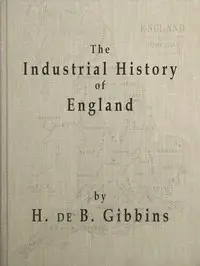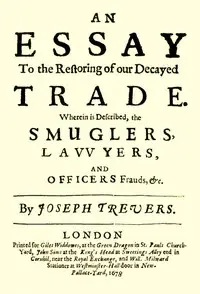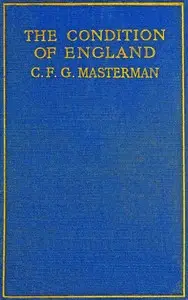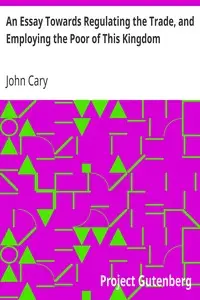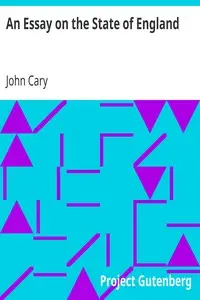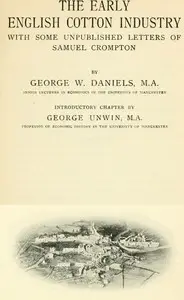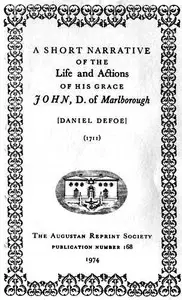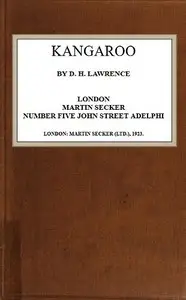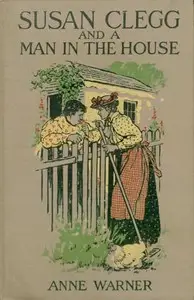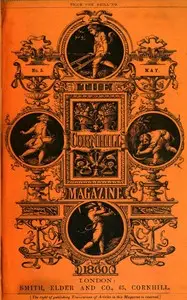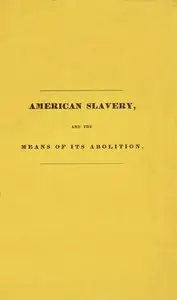"An Humble Proposal to the People of England, for the Increase of their Trade,…" by the Author of the COMPLETE TRADESMAN is a spirited economic call to action, dissecting England's trade landscape in the 1700s and charting a path towards affluence. It argues that England’s future lies in strengthening its factories and trade, advocating for the enhancement of industries, especially in wool production. The writer laments the sluggishness and carelessness that hold the nation back, pushing for a shift towards utilizing its own people and resources. The core of the book consists of advocating for internal production and consumption, warning against dependence on foreign goods, and promoting fresh approaches to sales and global trade expansion. The whole work serves as an inspirational message to England to use its workforce and natural resources to become more economically independent and prevail in global markets.

An Humble Proposal to the People of England, for the Increase of their Trade, and Encouragement of Their Manufactures Whether the Present Uncertainty of Affairs Issues in Peace or War
By Daniel Defoe
In a time of economic uncertainty, a nation is urged to revitalize its industries, cast off complacency, and seize its potential for wealth through trade.
Summary
About the AuthorDaniel Defoe was an English novelist, journalist, merchant, pamphleteer and spy. He is most famous for his novel Robinson Crusoe, published in 1719, which is claimed to be second only to the Bible in its number of translations. He has been seen as one of the earliest proponents of the English novel, and helped to popularise the form in Britain with others such as Aphra Behn and Samuel Richardson. Defoe wrote many political tracts, was often in trouble with the authorities, and spent a period in prison. Intellectuals and political leaders paid attention to his fresh ideas and sometimes consulted him.
Daniel Defoe was an English novelist, journalist, merchant, pamphleteer and spy. He is most famous for his novel Robinson Crusoe, published in 1719, which is claimed to be second only to the Bible in its number of translations. He has been seen as one of the earliest proponents of the English novel, and helped to popularise the form in Britain with others such as Aphra Behn and Samuel Richardson. Defoe wrote many political tracts, was often in trouble with the authorities, and spent a period in prison. Intellectuals and political leaders paid attention to his fresh ideas and sometimes consulted him.

